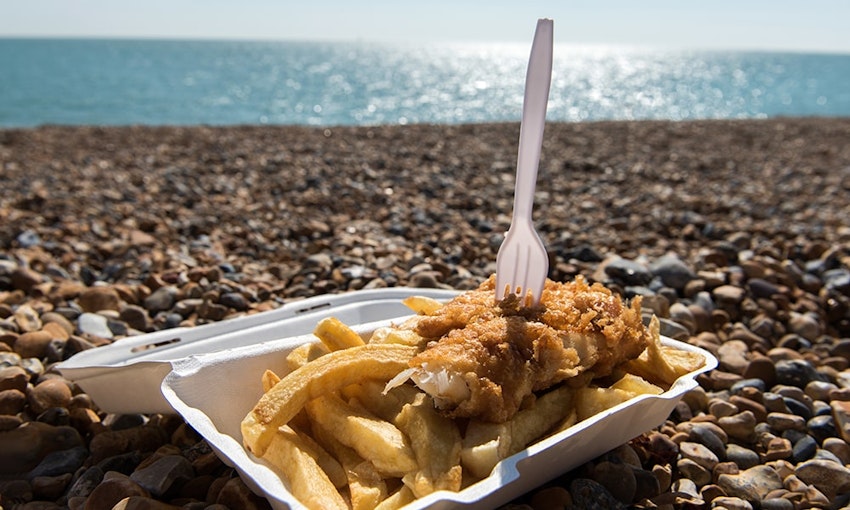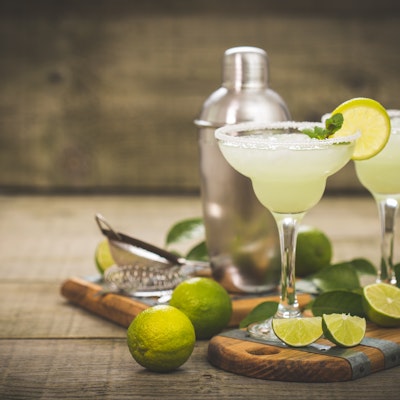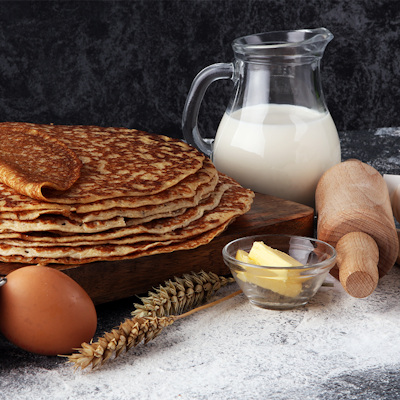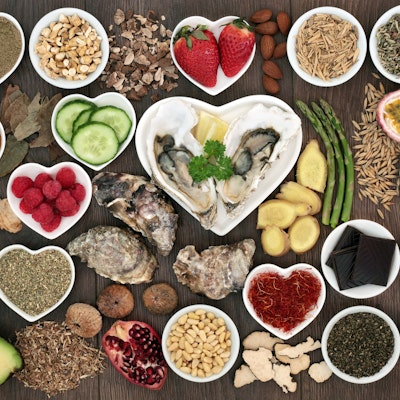Why Fish and Chips are a British Institution

That fish and chips is the nation’s favourite takeaway should come as no surprise.* They are quintessentially British, from their first written mention in Charles Dickens’s A Tale of Two Cities (“husky chips of potato, fried with some reluctant drops of oil”) to John Lennon’s declared love of them smothered in ketchup.
The celebration of National Fish & Chips Day this week on 5 June is just another confirmation of their popularity, but why is it that we as a country love fish and chips so much?
We decided to investigate….

There are so many of them
When it comes to fast food, easy access is key and boy do we have easy access to specialist fish and chip shops – there are 10.5k of them in the UK. To put that in context, there are just 1.2k branches of McDonalds*.
That being said, our appetite for fish and chip shops pales in comparison to that of our 20th century ancestors. Back in the 1930s there were over 35,000 of them in Britain.
They belong equally to the North and the South, making them truly national
As with many brilliant ideas, the evolution of the fish and chip shop was rather messy and nonlinear. Fish shops and chip shops existed independently of each other for some 50 years before the first combined one was recorded in 1860 – opened by Jewish immigrant Joseph Malin in London. 3 short years later (and 3 years really was short by Victorian standards), John Lees opened his own fish and chip shop in Mossley, Lancashire.
They reflect our multicultural society
The UK today is a melting pot of cultures and nationalities, and in fact so is our national dish.
The potato itself was most likely brought to England from America (then the New World) in the 1600s by Sir Walter Raleigh, and the French were the first to eat it fried. The practice of battering fish was started by Sephardic Jews who observed the Sabbath, and so would cook food on a Friday afternoon that they would not be allowed to eat until 24 hours later. Battered fish was something they found tasted just as good even with the interval, and a dish that these Jewish communities immigrating to England (many fleeing religious persecution in places like Spain) brought with them.
Fish and chips can actually be quite healthy
Fish and chips are often dubbed the “healthiest” fast food option, and for several good reasons.
For starters, chip shop chips are better for you than french fries because they are thicker, and therefore absorb less fat. Fish itself is brain food, full of vitamins C, B6 and B12, as well as omega-3 fatty acid, iron, zinc and calcium. Yes, even when it’s battered.
Unlike most fast food and takeaways, fish and chips are also free of chemical additives and preservatives, and if you throw in a side of mushy peas, can even count as one of your 5 a day!

They were an early adopter of green packaging
Sustainable packaging is now one of the hottest topics in the food industry but fish and chip consumers of the past never had to worry about their carbon footprint – up until the early 21st century the dish was traditionally served in a wrapping of old newspapers. This practice has now almost completely stopped, but most shops still primarily use plain paper and cardboard boxes. Just make sure to forgo the optional plastic bag to take it all home.
They’ve seen us through the worst times
Winston Churchill once referred to the combination of fish and chips as “the good companions” and he was not messing about. During both WWI and WWII the government safeguarded the supply of this national favourite, and it was one of the only meals not subject to rationing during the latter war.

They remind us of the seaside and summer holidays
Fish and chips are irrevocably tied to the image of sunny days by the seaside. Why? During the industrial revolution of the 19th century the development of trawl fishing in the North sea and building of railways allowed fish to be rapidly transported around the country. This coincided with the boom of seaside resorts like Blackpool, Bournemouth and Brighton where holidays were now affordable to the working classes. Fish and chips were already a favourite of these working classes, and made for a cheap and easy meal to enjoy on the beach. And though we’re more likely to jet off to foreign countries and hotter climes for our holidays now, eating chips on the beach remains a tradition millions of us partake in every year.
Is Fish one of the 14 major allergens?
Simple put ‘Yes’ it is!
You may find fish in a number of common products such as fish sauces in pizzas, relishes, salad dressings, stock cubes and Worcestershire sauce.
Download the 14 Allergens Guide for more information.


